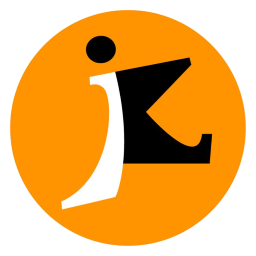HerStories [2022 – 2024]
About This Project
HerStories
Telling Jewish women’s stories

CERV-2022-CITIZENS-REM-101091316
Duration: 24 months (December 2022 – November 2024)
The HerStories project conveys the multifaceted Jewish history of the 20th century in Europe through the biographies of seven Jewish women from Germany, Greece, Hungary, Poland, Spain, Slovakia, and the Czech Republic. The project will contribute to a better understanding of European history through reading and listening to these women’s voices and through analysing their subjectivities.
These women’s stories include experiences of persecution, deportation, and flight, but also of survival, resistance, and rebuilding lives after the Holocaust and World War II. The seven interviewees share with us their stories of growing up in Jewish families before the war, of falling in love, of going to school – of everyday hopes and struggles. Taken together, these individual stories paint a diverse picture of Jewish women’s lives – and of European history – in the 20th century.
The HerStories project will tell these Jewish women’s stories in various formats, aimed at educators, students, and the general public. By bringing together partners from educational and research institutions throughout Europe, we combine diverse approaches to present Jewish history. Project outputs and activities include multilingual exhibitions and GoogleClassrooms with teaching material for educators, a compendium collecting best teaching practices, a documentary film on the project, as well as hands-on workshops for students, training seminars for teachers, an international youth competition will foster engagement with these women’s stories – ensuring they are not forgotten and a final event that disseminates the project results.
Partners:
Centropa Hamburg (Hamburg, Germany), Coordinators
Jugend- & Kulturprojekt e.V. (Dresden, Germany)
Centropa Alapitvany Budapest (Budapest, Hungary)
Fundacja Galicia Jewish Heritage Institute (Krakow, Poland)
The Jewish Museum of Greece (Athens, Greece)
Mozaika (Barcelona, Spain)
The HerStories project is co-funded by the European Union within the Citizens, Equality, Rights and Values (CERV) Program.







